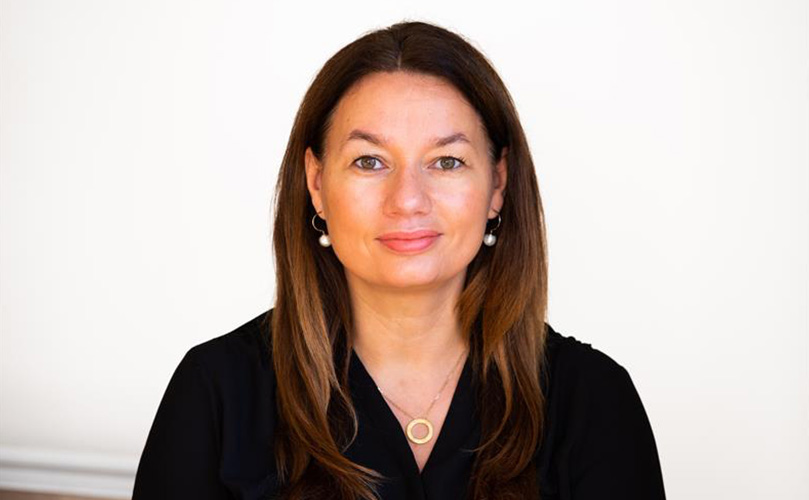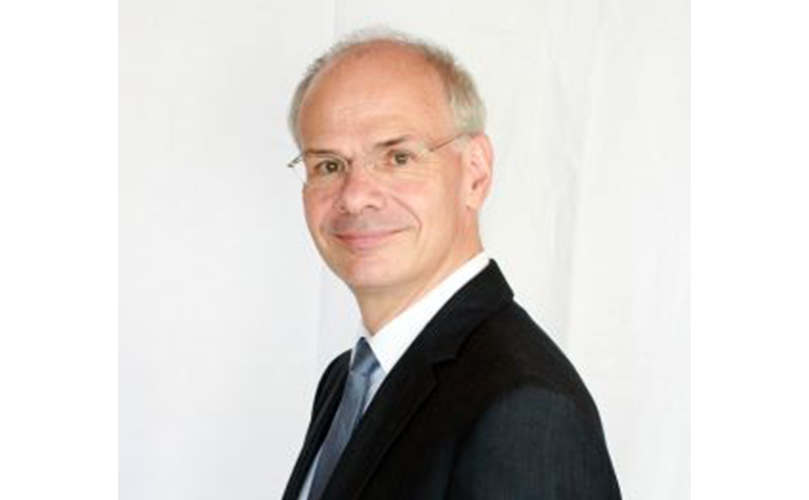How AI Agents and Digital Twins Help Build Net Positive Cities From Smart Cities to Net Positive Results

White Paper | 2025-9-19
15 minute read
Cities now stand at the frontline of the world’s most complex and urgent challenges. Disproportionately impacted by extreme weather events, sea level rise and resource scarcity, environmental threats to cities are amplified by aging infrastructure and widening social inequality. To become part of the solution, they must evolve beyond “smart” to embrace a new model: the Net Positive City.
This white paper explores how Artificial Intelligence (AI), coupled with Social Digital Twins (SDTs), can help urban leaders shift from incremental improvements to systemic transformation, adopting a Net Positive agenda to create an immediate, practical imperative for a healthier, more equitable and resilient urban future.
Introduction: From Smart to Net Positive
Cities are uniquely positioned to serve as platforms for innovation and impact and with over 70% of global CO₂ emissions originating from urban areas, they hold the key to meaningful climate action.
At the same time, there can be large differences in the environmental "footprints" showing the potential for radical decarbonization. Among global megacities, for example, Tokyo emits four tons of Co2 equivalent (tCo2e) per capita, while London emits 10, and New York 17.
The smart city movement has already delivered significant gains in service optimization, congestion management, and resource monitoring. These gains however, are limited by their reactive nature. Efficiency is necessary, but not sufficient.
In these complex and interconnected environments, environmental factors cannot be considered in isolation from social ones. And it’s when we consider the city as a system, lies the Net Positive opportunity.
Download the full insight paper and find out more.
Anna Lungley
Head of Sustainability Consulting, Fujitsu
Anna Lungley is Head of Sustainability Consulting at Fujitsu.
Previously she was Chief Sustainability Officer at Dentsu Group as well as being a member of the global executive team. Prior to Dentsu, Anna served in a similar capacity at BT Group with an extensive background directing and implementing sustainability strategies within organizations.

Dr. Martin Schulz
Chief Policy Economist, Fujitsu
His work focuses on the impact of digitalization, government policies and corporate strategies. He advises governments and teaches at the Mercator School of Management. His analyses are widely quoted in international media - with regular interviews at CNBC, Bloomberg, NHK World etc.

Nick Cowell
Principal Consultant & Fujitsu Distinguished Engineer, Technology Strategy Unit, Fujitsu
Nick is a technologist and futurist with extensive experience in hardware, software, and service development, having previously worked for leading technology providers across the USA, Europe, and Oceania.

Related Information
Advancing Net Positive - Driving Profit with Purpose


A Future Strategy Powered by AI and Net Positive Thinking


